Seminars
Upcoming Seminars
Stay tune!
Past Seminars

The Past, Present, and Future of Tall Timber Buildings
June 05, 2024 - 12:00 pm
Speaker: Lorenzo Glielmi
Join us for an insightful presentation on the evolution and future of timber tall buildings, with a particular emphasis on developments in Europe. We will begin with a historical exploration of the roots of timber construction and tall buildings. From there, we will delve into the latest advancements in technology, focusing on innovative connectors and lateral systems. Our journey will include a series of case studies showcasing prominent tall timber buildings, highlighting key projects across Europe, including the tallest full-timber building in the world.
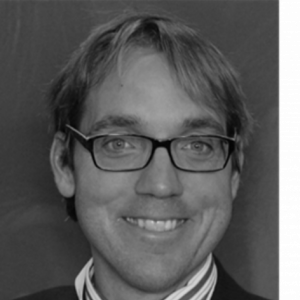
Advanced Numerical Modeling of Soil Structure Interaction
February 14, 2024 - 12:00 pm
Speaker: Davide Forcellini
The assessment of the mutual interaction between the structure and the soil is an integral part of the seismic evaluation, especially for rigid structures that are particularly sensitive. In particular, Soil Structure Interaction (SSI) effects may consist of many components such as rocking, settlements and lateral spreading that potentially interact with the superstructure, affecting its seismic performance.
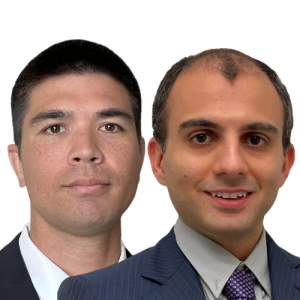
SE Distinguished Lecture
February 12, 2024 - 12:00 pm
Speaker: Aaron Freidenberg and Mehrdad Shokrabadi
Structural collapses can occur due to extraordinary events as well as design or construction errors. This presentation will include two case studies of partially collapsed reinforced concrete bridges, both of which occurred for reasons that are not immediately obvious. We’ll discuss the root causes of the failures and the parties at fault. We’ll discuss typical investigative steps, which include review of design documents, eye witness accounts, and an analysis of multiple possible failure sequences.
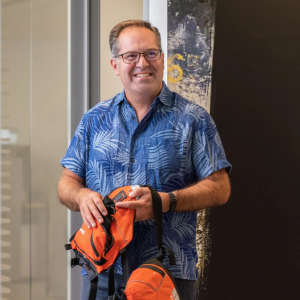
Inspection Considerations for Waterfront Structures
February 05, 2024 - 12:00 pm
Speaker: William M. Bruin
Nearshore and waterfront structures exist within the nuanced realm that combines building and bridge design elements, presenting distinctive challenges in their design, construction, and maintenance. These singular structures, exposed to the most severe environmental conditions, necessitate resilience against substantial loads and conditions induced by wind, waves, currents, earthquakes, and tsunamis.
31
How can humanists and scientists work together in an inevitable conference of disciplines?
Speaker: Lei Liang
Prof. Liang will explore means for humanists, engineers and scientists to work together in an inevitable conference of disciplines and what creative listening can offer us as a unique way for learning.
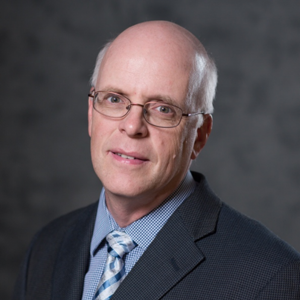
Will Natural Fibers Replace Glass and Polymeric Fibers in Advanced Composites?
January 24, 2024 - 12:00 pm
Speaker: Daniel Walczyk
Natural Fibers, particularly hemp and flax, are proposed by many materials researchers as sustainable alternatives to glass and polymeric fibers for reinforcement in advanced composites. Interestingly, natural fibers have been used for millennia in structural applications and are just now experiencing a rediscovery. In this seminar, Dr.

Seismic Risk Assessment and Mitigation Strategies
January 22, 2024 - 12:00 pm
Speaker: Laura Gioiella
The focus of this presentation revolves around the Seismic risk assessment and mitigation strategies that are mainly influenced by the consciousness that Italy is a territory prone to seismic hazard and characterized by an ancient cultural heritage. Nevertheless, it is quite frequent that retrofit interventions are promoted only after the occurrence of natural hazards, therefore operating in reaction terms rather than prevention terms.
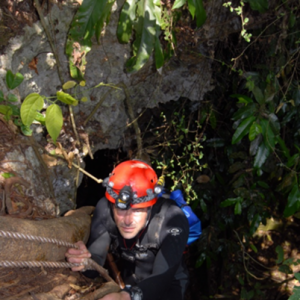
Imaging the Underworld: Digital Documentation of Subterranean Environments
January 17, 2024 - 12:00 pm
Speaker: Domnique Rissolo
The often complex, multilevel morphologies of caves and tunnels offer ideal test environments for the combination of SLAM-based mobile LiDAR systems and photogrammetry for the documentation and mapping of subterranean archaeological sites. Recent research has involved systematic scanning of caves and architectural tunnels in Belize and on the Yucatan Peninsula of Mexico.
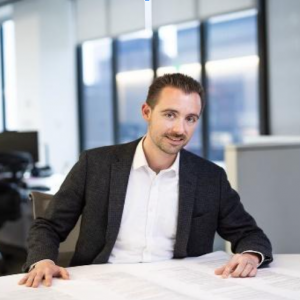
Academy Museum of Motion Pictures – Innovative and Unprecedented Structural Solutions
December 04, 2023 - 12:00 pm
Speaker: Andy Rastetter
Opened in September of 2021, the Academy Museum of Motion Pictures provides a state-of-the-art home for the Academy of Motion Picture Arts and Sciences. The adaptive re-use project transforms the historic May Company Building (renamed Saban Building), a 1939 Art Deco department store, into more than 50,000-sf of galleries and archives, and introduces a soaring spherical addition housing the 1000-seat David Geffen Theater and a dramatic roof terrace set beneath a glass dome.
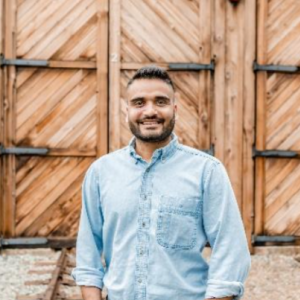
The Art and Science of Decision Making and its Application to Lifecycle Asset Management
November 29, 2023 - 12:00 pm
Speaker: Dr. Mayank Chadha
With growing urbanization, aging infrastructure in the developed world, and the rapid expansion of infrastructure portfolios in developing countries, there is a demand for a modern and novel asset management framework. This framework should be underpinned by the science of SHM, empowered by digital technology and artificial intelligence. It must be capable of addressing the inherent uncertainties in complex systems and utilize state-of-the-art decision-making capabilities to ensure the seamless operation and safety of asset portfolios.
